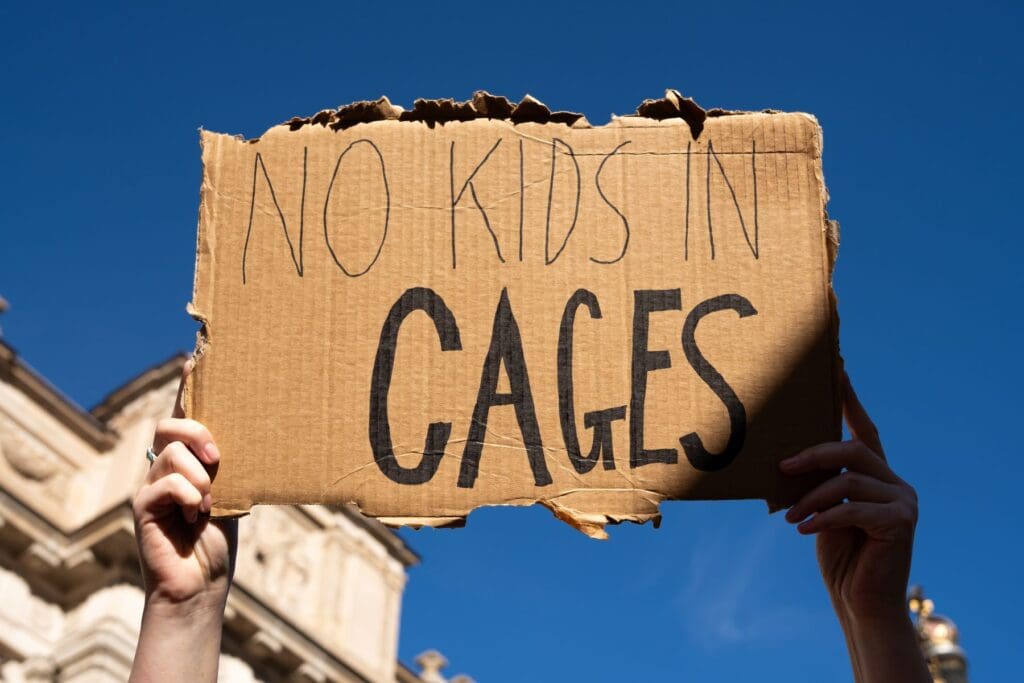Ms Dhu coroner finds death preventable and recommends end to imprisonment for unpaid fines
The tragic death of Ms Dhu could have been prevented, said the Western Australian State Coroner today. The Coroner found that many of the police officers entrusted with her care acted unprofessionally and treated Ms Dhu inhumanely.
The Coroner made a number of important recommendations, including that jail no longer be an option for non-payment of fines and that Western Australia introduce a custody notification service. Harrowing footage showing Ms Dhu’s final hours has also been released consistent with her family’s wishes.
The Aboriginal Legal Service of Western Australia represented Carol and Della Roe, grandmother and mother of Ms Dhu, and their broader family.
Ms Dhu, a 22 year old Yamatji Aboriginal woman, died in 2014 from septicaemia and pneumonia three days after she was locked up in a South Hedland police station for failing to pay her fines. The Coroner’s decision came ten days before Ms Dhu would have turned 25 years old.
Ruth Barson, Director of Legal Advocacy at the Human Rights Law Centre, which has been providing legal support, said that while the recommendations were welcome Ms Dhu should have never been subjected to the types of punitive laws that continue to exist in Western Australia.
“While the Coroner made strong and important findings that need to be implemented, this injustice can never be remedied. Ms Dhu should never have been in custody and she should have never been treated so cruelly. This case shows just how deep the failures in Western Australia’s criminal justice system are,” said Ms Barson.
This year is the 25th anniversary of the Royal Commission into Aboriginal Deaths in Custody. Western Australia continues to have the highest Aboriginal imprisonment rates in Australia.
“The Western Australian Government, and indeed all governments across Australia, have largely failed to follow the road map provided 25 years ago by the Royal Commission into Aboriginal Deaths in Custody both on how to prevent these types of tragic deaths and also, really importantly, how to reduce Aboriginal and Torres Strait Islander people’s over-imprisonment. It’s profoundly upsetting that this is a death in custody that was entirely avoidable,” said Ms Barson.
For further comments or queries please contact:
Ruth Barson, Director of Legal Advocacy, Human Rights Law Centre, 0417 773 037
Michelle Bennett, Director of Communications, Human Rights Law Centre, 0419 100 519
Media Enquiries
Chandi Bates
Media and Communications Manager

University of Melbourne urged to drop repressive anti-protest and surveillance policies
The University of Melbourne is being urged to abandon policy changes that restrict staff and students’ right to protest and permit the widespread surveillance of people using their wifi network.
Read more
Expanded protections for marginalised groups welcomed in Allan Government’s anti-vilification laws
The Human Rights Law Centre welcomes the additional protections for marginalised groups in anti-vilification laws passed today by the Allan Government. These laws expand protections from vilification to include people from LGBTIQA+ and disability communities, and provide communities with important civil law avenues to address vilification.
Read more
Aboriginal human rights experts take Australia’s racist youth justice policies to the UN
Aboriginal leaders are calling on the United Nations to take urgent action to address Australia’s discriminatory and punitive youth justice policies
Read more


